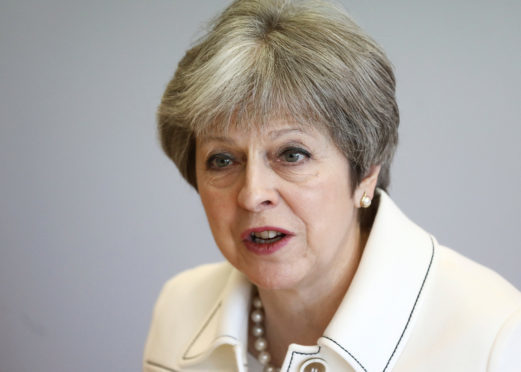Brexit judgment day is fast approaching.
The consensus – not a word we use often when talking about the EU negotiations – seems to be that a deal must be hammered out by tomorrow night at the latest to allow time for an emergency November summit to be arranged.
This is key from Theresa May’s point of view as the next scheduled meeting isn’t until mid-December and by then large-scale no-deal preparations will have had to begin in earnest.
Negotiators have been working through the night to secure an agreement but officials have yet to achieve a breakthrough on the issue of the Irish border, the sticking point for months now.
And even if they do manage to pull a rabbit out of the hat at five minutes to midnight, which is possible as the looming deadline might force both sides’ hands, it’s still just one hurdle of many facing the embattled prime minister.
She will then have to present the arrangement to her bitterly divided Cabinet, which could prompt further high-profile resignations following the departure of Jo Johnson at the weekend.
And then there’s the not-so-small task of getting it through parliament, a feat that looks increasingly impossible with the many, varied competing interests at play – Brexiteers salivating at the prospect of a no-deal outcome for instance, alongside Remainers calling for a second referendum and the DUP unwilling to accept any kind of scenario that would mean Northern Ireland ending up in a different position to the rest of the UK and so on.
On the other hand, some Remainers may decide not to vote against Mrs May’s deal for fear of elevating an arch-Brexiteer to the premiership in the event she is forced to step down.
It’s difficult to see the Tory leader surviving a Commons defeat, although she has lasted longer than many would have predicted and the poisoned chalice nature of the gig as it currently stands could fend off any challengers in the immediate term.

